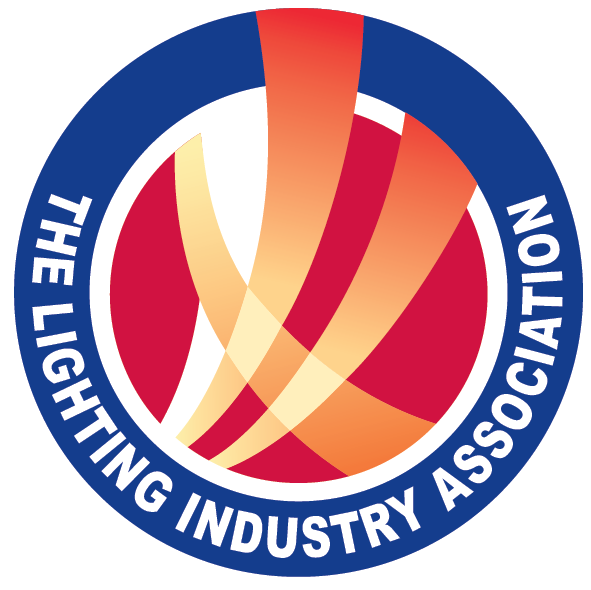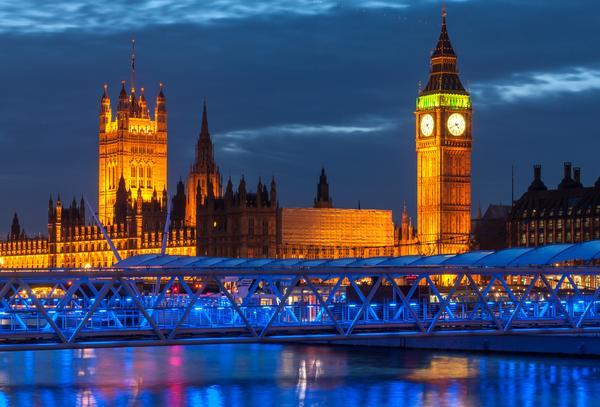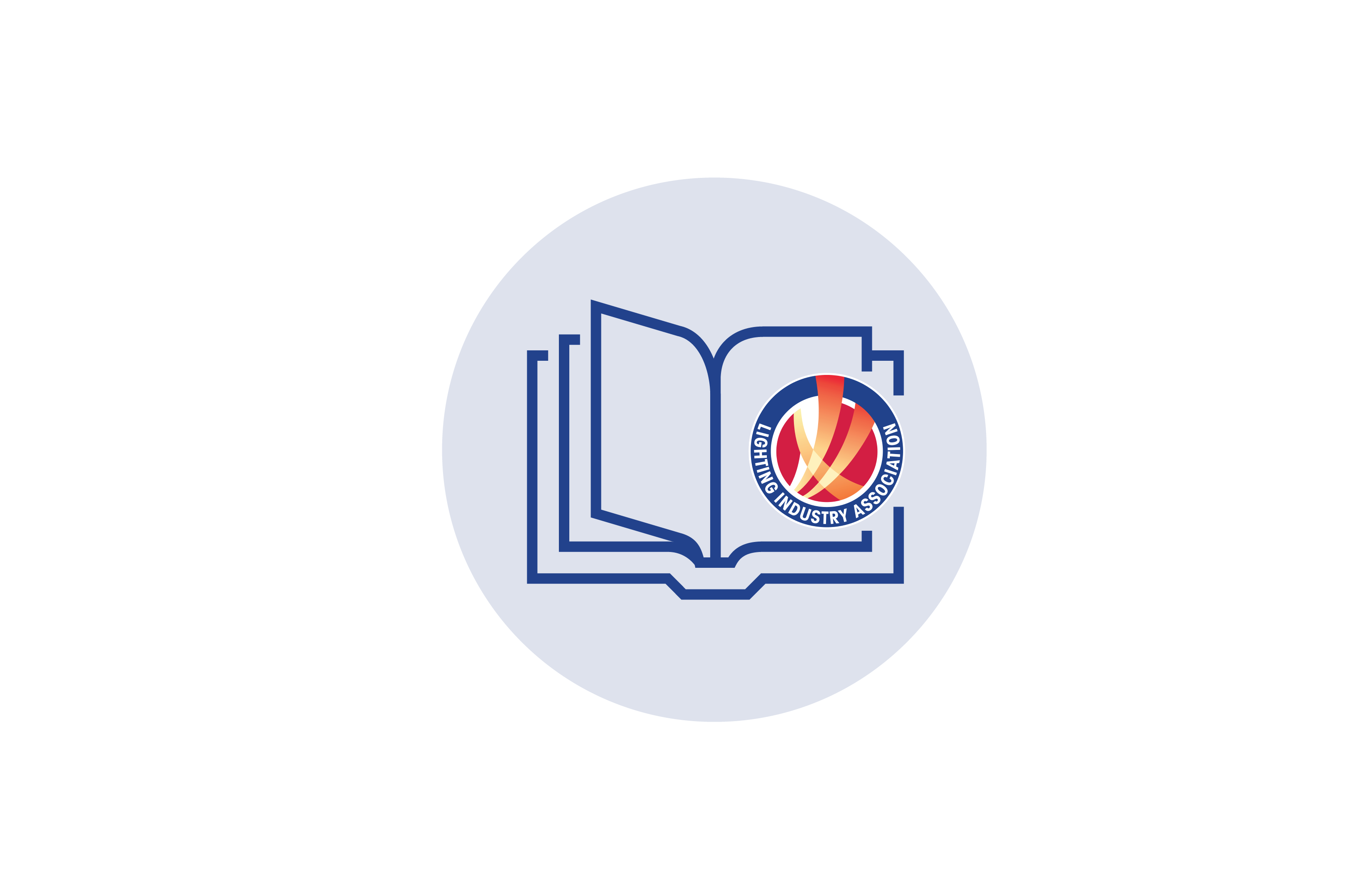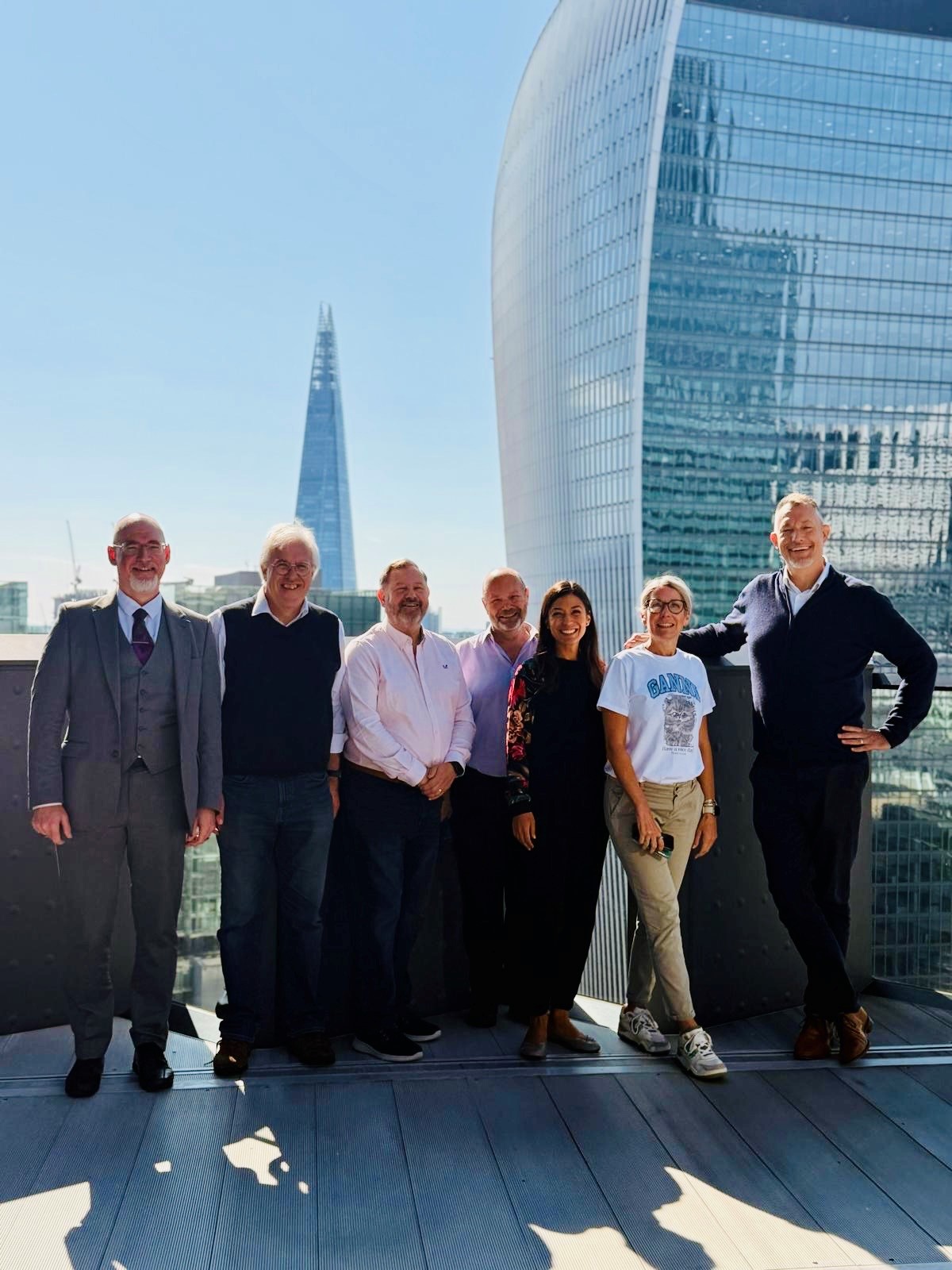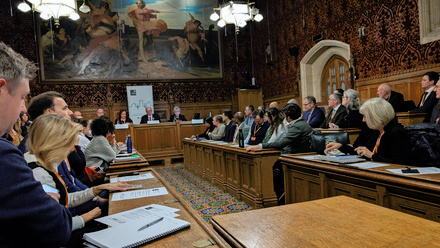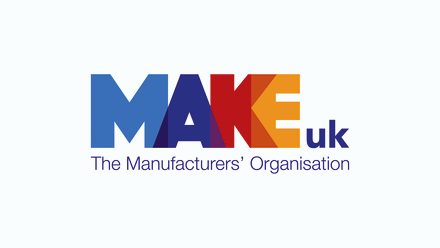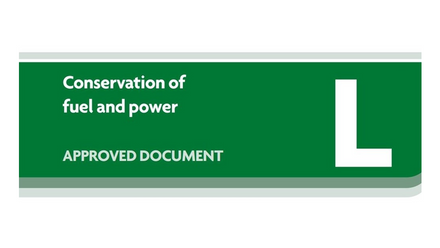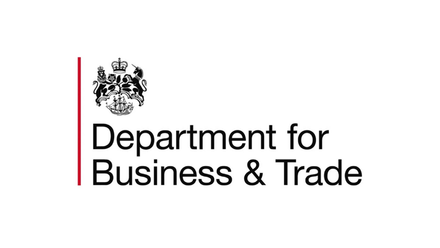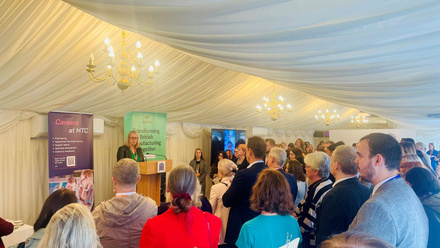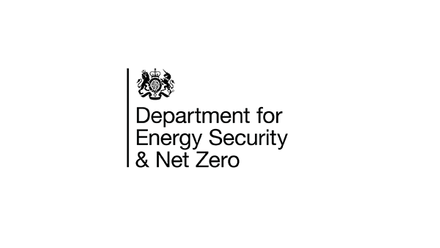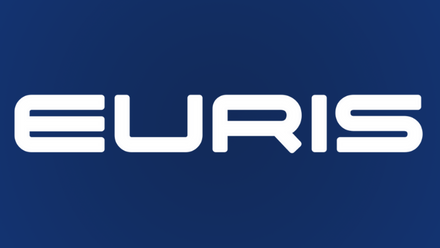The LIA is calling for:
- Stronger market surveillance and enforcement to remove unsafe or poor-quality products.
- Equal application of minimum legal requirements across all manufacturers and suppliers.
- Clearer accountability for online marketplaces to ensure only compliant lighting products are sold.
- Simplified and clarified regulatory rules to support compliance and enforcement.
- Development of accessible UK guidance (equivalent to the EU “Blue Guide”) to provide industry with a single source of regulatory information.
